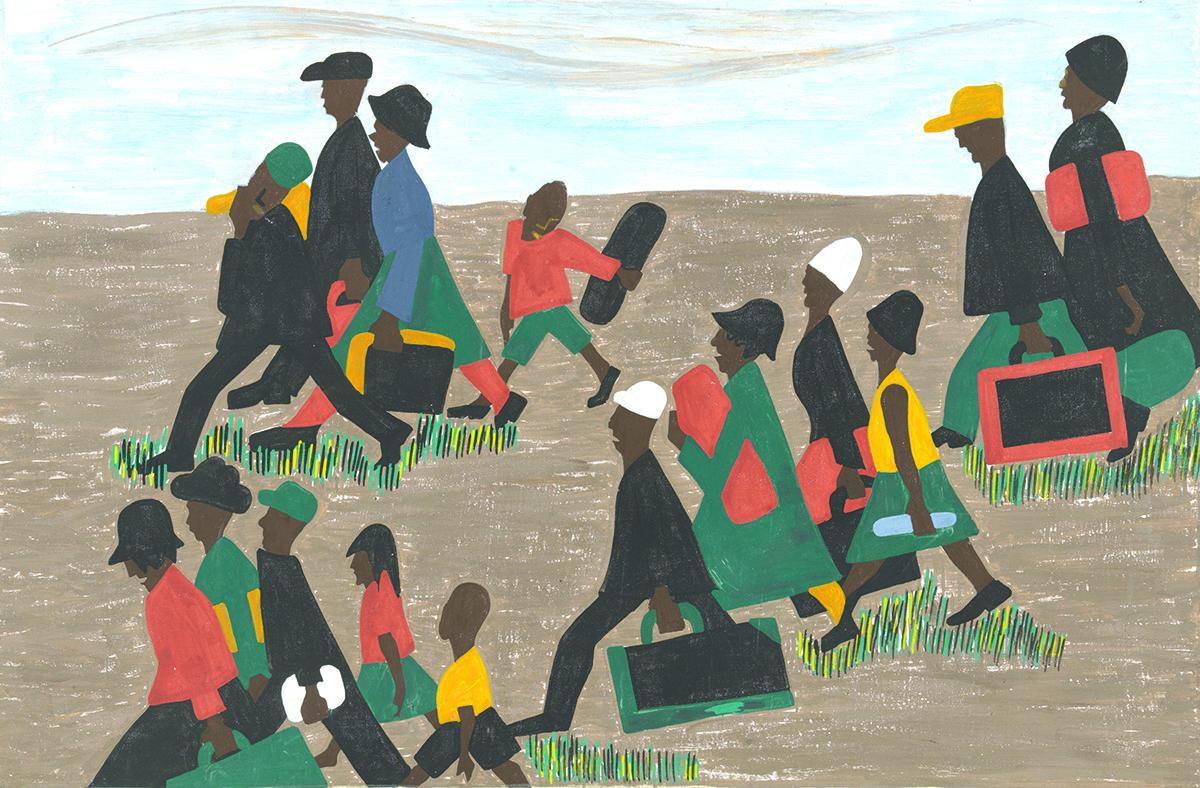Beyond the general notion of Nashville, Tennessee as a “music city”, this city has a deep history of racial discrimination and segregation given that it is in the South. As I toured the city through the lenses of a historian, I visited Jefferson street, a place believed to be the origins of Black American music – jazz and blues. I also visited the pedestrian plaza that commemorates the African American history of Nashville and Jefferson Street. At the plaza, I saw black people that had made waves in the areas of education, athletics, music, civil rights and religion. There were black men and women alike who had invested tremendously in North Nashville but whose efforts were not recognized because of racial segregation that was the order of the day at the time.
As I looked through the pictures and achievements of these people, I saw individuals that had pushed themselves out of the box that society had created for them. It was clear that during the time of segregation, there were black people who had achieved great feats and could stand on the same pedestal as white people. There were many individuals who were as learned as Booker T. Washington, Marcus Garvey and W.E.B Dubois. One of the individuals that struck me the most, was Jesse Russell, the Father of 2G Wireless Communication.
These individuals had benefited from the work of previous black generations who built Historically Black Colleges and Universities (HBCUs) in order to enable black Americans to integrate into American institutional life. The building of schools, clubs, churches and businesses marked the advent of the black excellence.
Unfortunately, black Americans began to have the desire to move up the racial mountain – to be white. Hugues gives an example of an artist in his article who said, “I want to be a poet – not a Negro poet”. Hughes interprets this statement as meaning, “I want to write like a white poet” or “I want to be white”.
Although it is interesting that black men and women decided to push themselves outside the box and strive for the same achievements as white men, could it be that some of these people were also attempting to climb up the racial mountain? Indeed for some, this might have been the case. Hugues mentions ‘high class’ Negro men, women and families who raced up the racial mountain. For this group, they might have striven to earn a place as close to the white man as possible. Therefore, for them, achieving excellence was synonymous with achieving whiteness.
On the other hand, the other group of black people such as those mentioned at the beginning of this essay created a whole new niche for themselves. They formed their own brilliant standards for black people that present and succeeding generations of black people could imitate.
In recent years, this has reduced the need for a racial mountain. Or has it?
